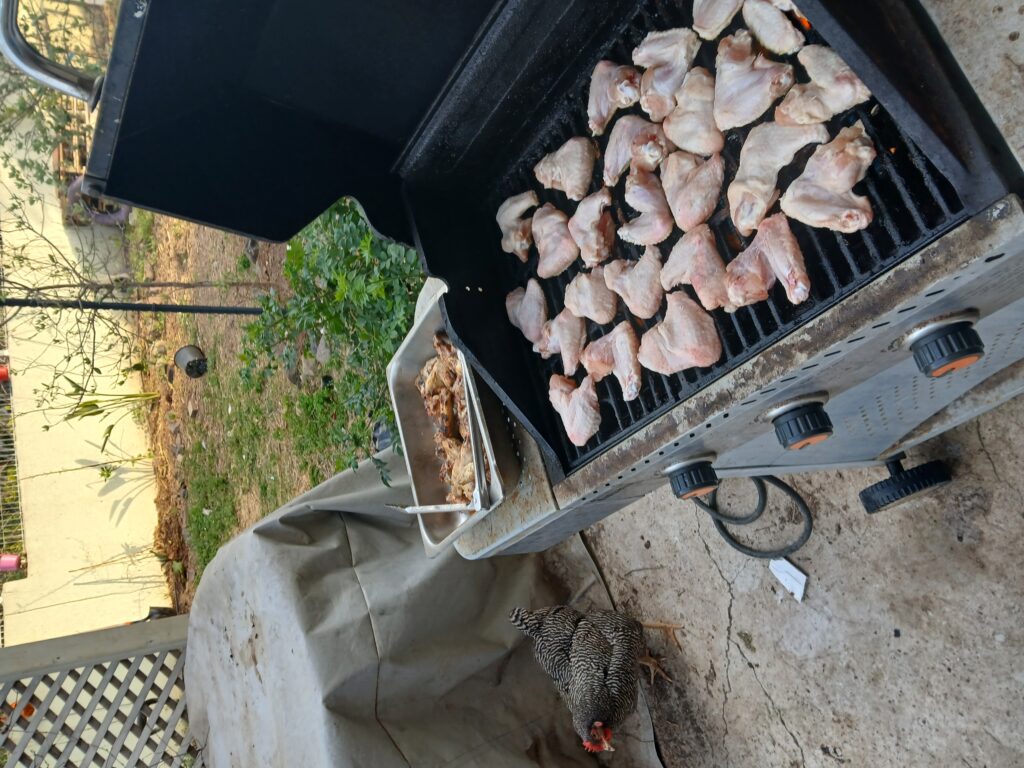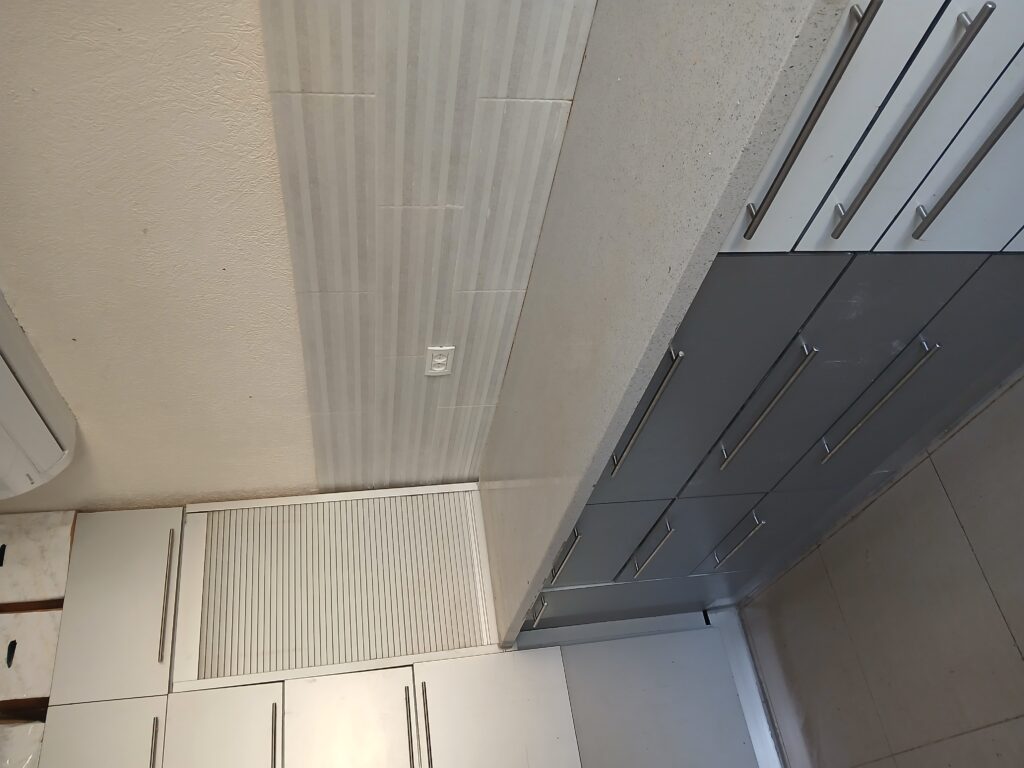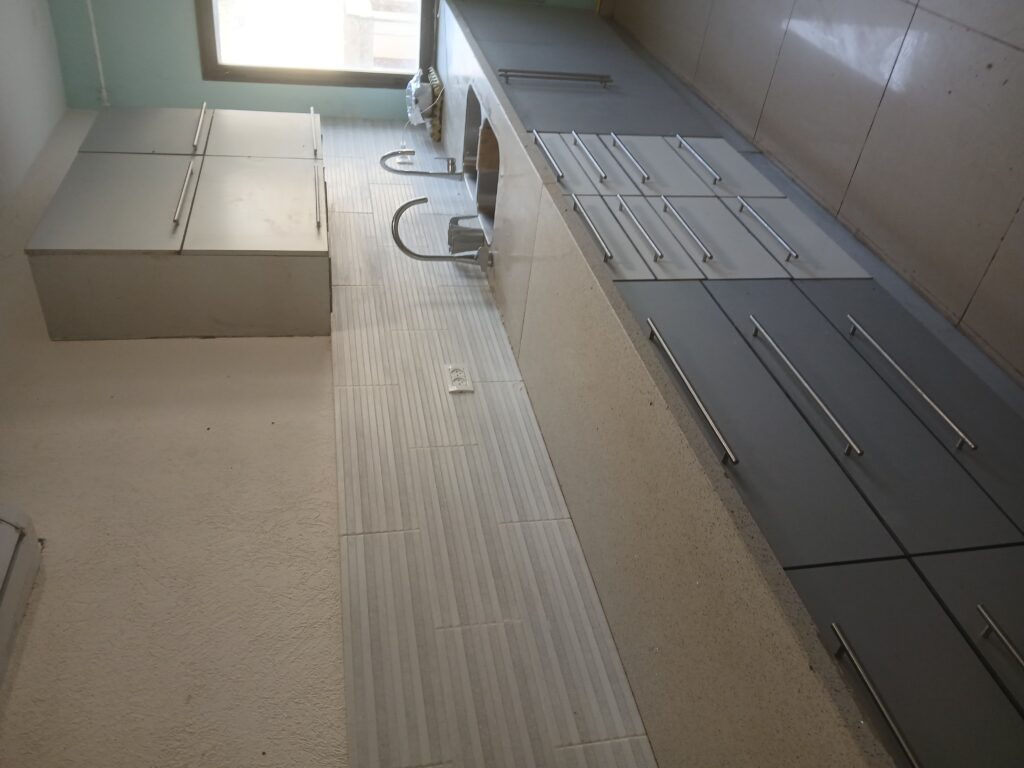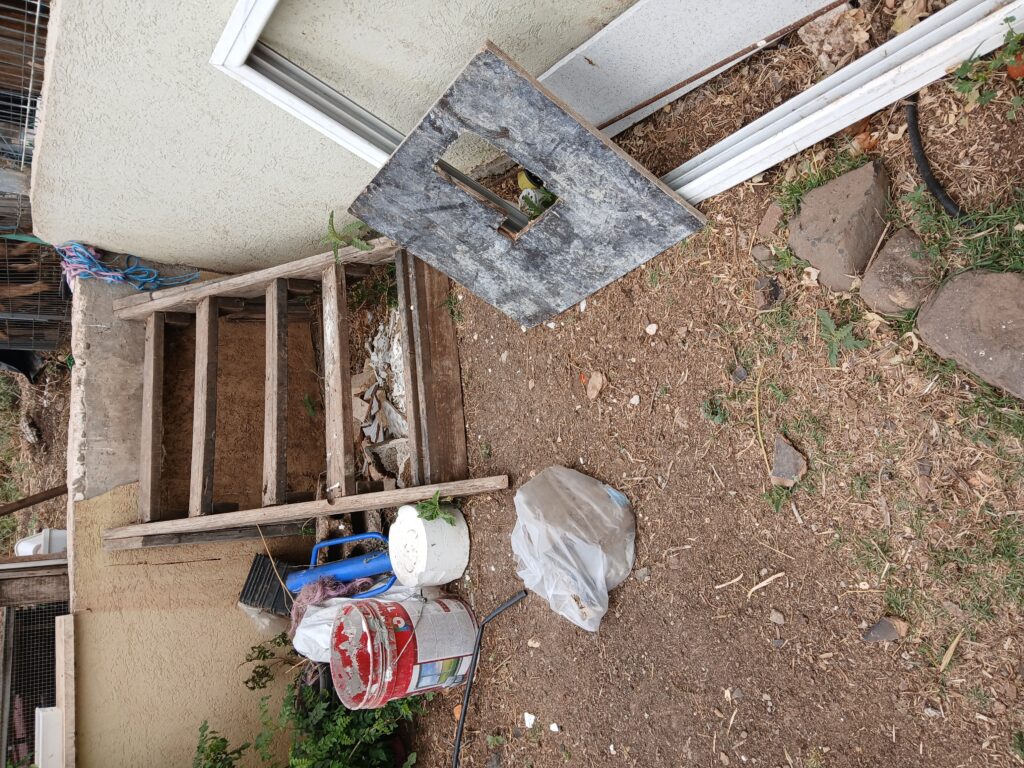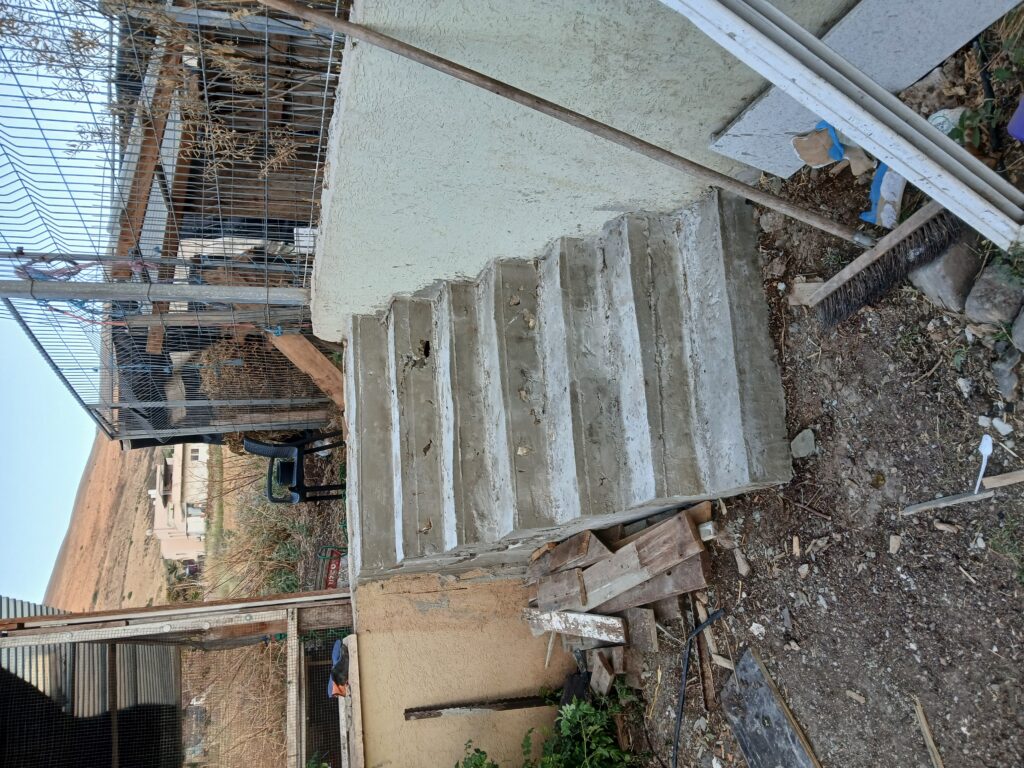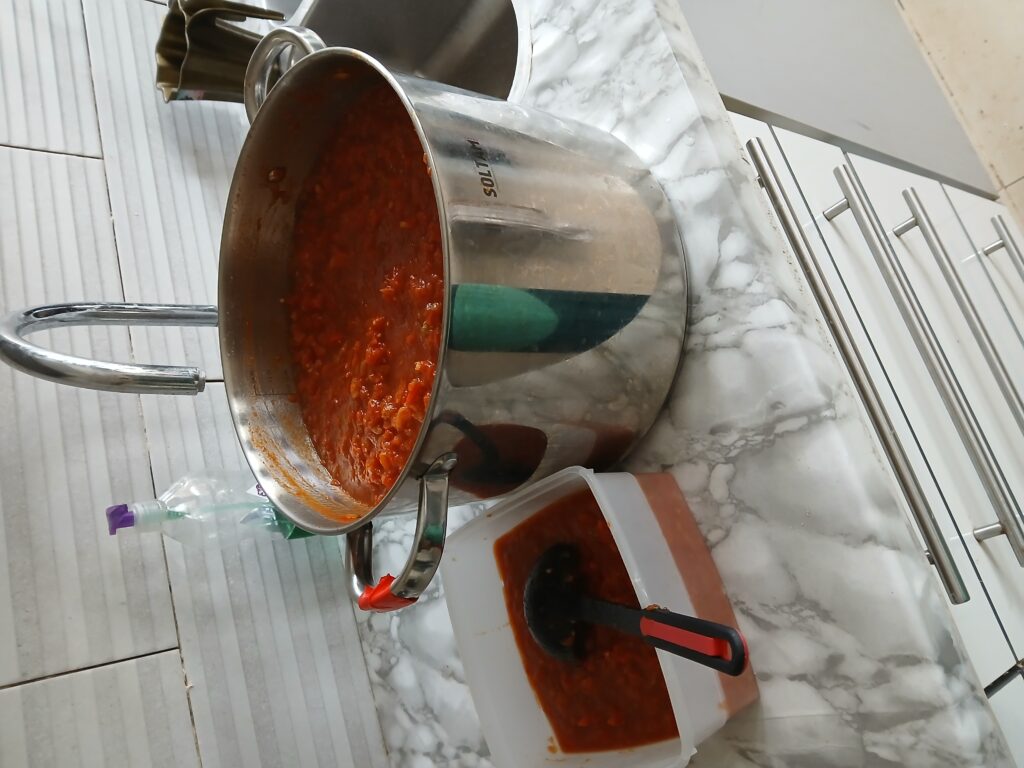A couple of years ago I began using disposable dishes during the holidays when I’m hosting large numbers of people. This past Pesach, one daughter commented on how convenient it must be for me, and asked me if I would like to use them all year round to lighten my work load.
No, not at all.
Why not? Because I don’t want to ingest toxins that I can easily avoid just by eating on regular dishes. Not to mention the ecological impact.
I thought I was doing pretty well on avoiding toxins in my food, by staying away from disposables and processed foods, and instead making homemade foods from whole ingredients.
Then I learned about microplastics. When I began to understand how ubiquitous they are, as well as how deeply contaminated our environment is by them, I was initially discouraged. It’s everywhere: in our water, air, soil, foods – what change could I make that would make a difference?
Microplastics contain chemicals known as PFAS, called the forever chemicals because they hardly degrade in the environment or body. Teflon is one type of chemical in this group; though it’s been phased out due to the known health concerns, other chemicals with similar concerns have replaced them.
PFAS have been used in products for eighty years, and seventy years ago the first reports appeared in the scientific literature of their negative effects. Unfortunately, it’s taken until very recent years that they are becoming more widely recognized as the danger they are. As with tobacco and DDT, the dangers were known to those profiting from their sales, but they continued to be sold for many years before consumers were warned to take steps to protect themselves.
So if you’re reassuring yourself that all of these plastics must be fine because everyone is using them, and they wouldn’t be on our shelves if there was any risk, think again.
Chemicals are not required to be fully tested for safety before being released on the market. The chemical bonds of PFAS are extremely resistant to degradation, even with high temperatures, and are resistant to oil and water. This is why they are widely used in food packaging like microwave popcorn bags, pizza boxes, and fast food containers. (PFAS are also in anything that has a stain repellent, like for carpets and upholstery, cleaning products, personal care products, and clothing – but let’s just stick to food sources right now.)
The worst offenders are anything with a nonstick coating. That includes: pots, pans, rice cookers, air fryers (and air fryer liners), and even parchment paper. That last one really disturbed me, since I thought I was doing a healthy thing by lining my pans with parchment paper before covering them with aluminum foil.
Much of the health effects are still unknown, but what we know they are linked to is damning: infertility, developmental delays in children, accelerated puberty, behavioral changes, increased risk of some cancers (prostate, kidney, testicular), interference with the immune systems ability to fight infection, disruption of the endocrine system, and intestinal inflammation. Remember, this is only what we are so far being told.
The problem with PFAS in cookware are they are fat soluble compounds and the leaching of chemicals into your food increases with heat, oil, contact time, salt and acidic compounds (like tomato sauce).
One scratch on a nonstick pan can release 9100 plastic particles into your food. A cracked coating releases 2.3 million microplastic and nano plastics (ie particles of pfas) into your food. These are tiny, microscopic pieces of plastic that are very toxic and bio-accumulative.
I’m going to share different things that I’m doing to minimize our use of plastics and PFAS in upcoming posts. The first and most important step is to get rid of non-stick cookware.
These mostly haven’t had a presence in my home for many years, but I bought a nonstick skillet a year or two ago to replace a stainless steel one that was treifed up (made nonkosher). I knew it wasn’t Teflon so I hoped that the upgraded coating would be a healthier option. When the coating got scratched, I threw it away and bought another one. Then that got scratched so I threw it away. I thought I was being appropriately careful.
After that I committed to not buying anything else until I could find a stainless steel skillet. It was only because I couldn’t find one in the stores I was shopping in that I bought the non-stick skillet to begin with.
After several months, I ordered one online. But while I was waiting for my skillet to arrive, I found one in a Soltam branch in Tiberias . The price is much more than a nonstick skillet but it’s a good quality pan, it’s a one time expense, and for me it’s worth the added expense to have non-toxic cookware.
Here’s a suggestion to prevent food from sticking to the bottom.
The key is to heat the pan before adding oil or food. You can check if it’s hot enough by dropping a tiny bit of water into the pan. When the pan is ready, the droplets will bounce. If you then add whatever you want to cook, it won’t stick. The prep takes a little longer but since the food doesn’t stick to the pan, it saves the time afterward on soaking and scrubbing whatever got stuck to the pan.
Another option to stainless steel is cast iron or pure ceramic cookware- not ceramic coated. I don’t recall ever seen either of these options locally, but they are both good healthwise.
I’d love to hear if you have any tips to share! What cookware do you use? Have you found ways to keep your food from sticking?
Avivah
